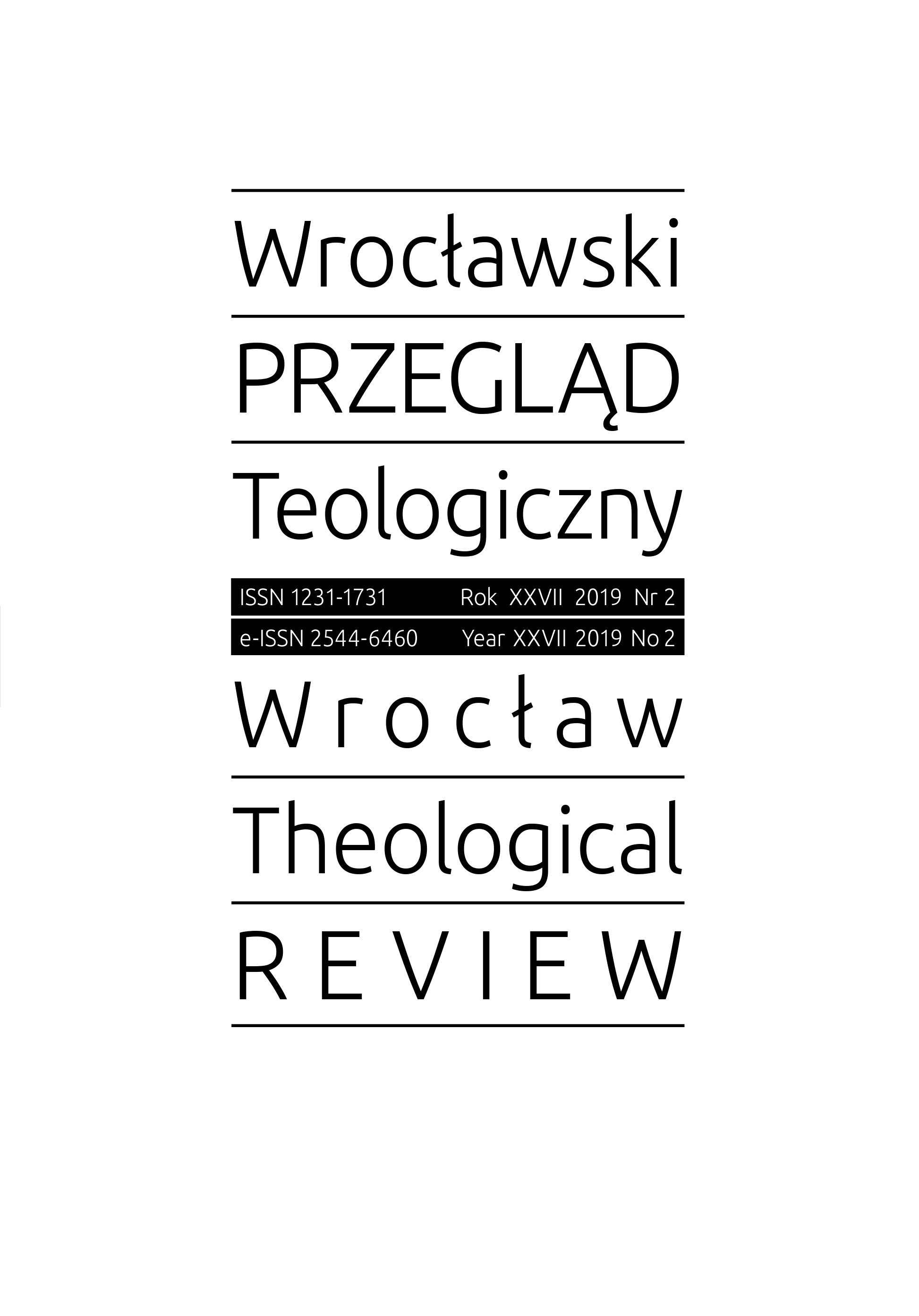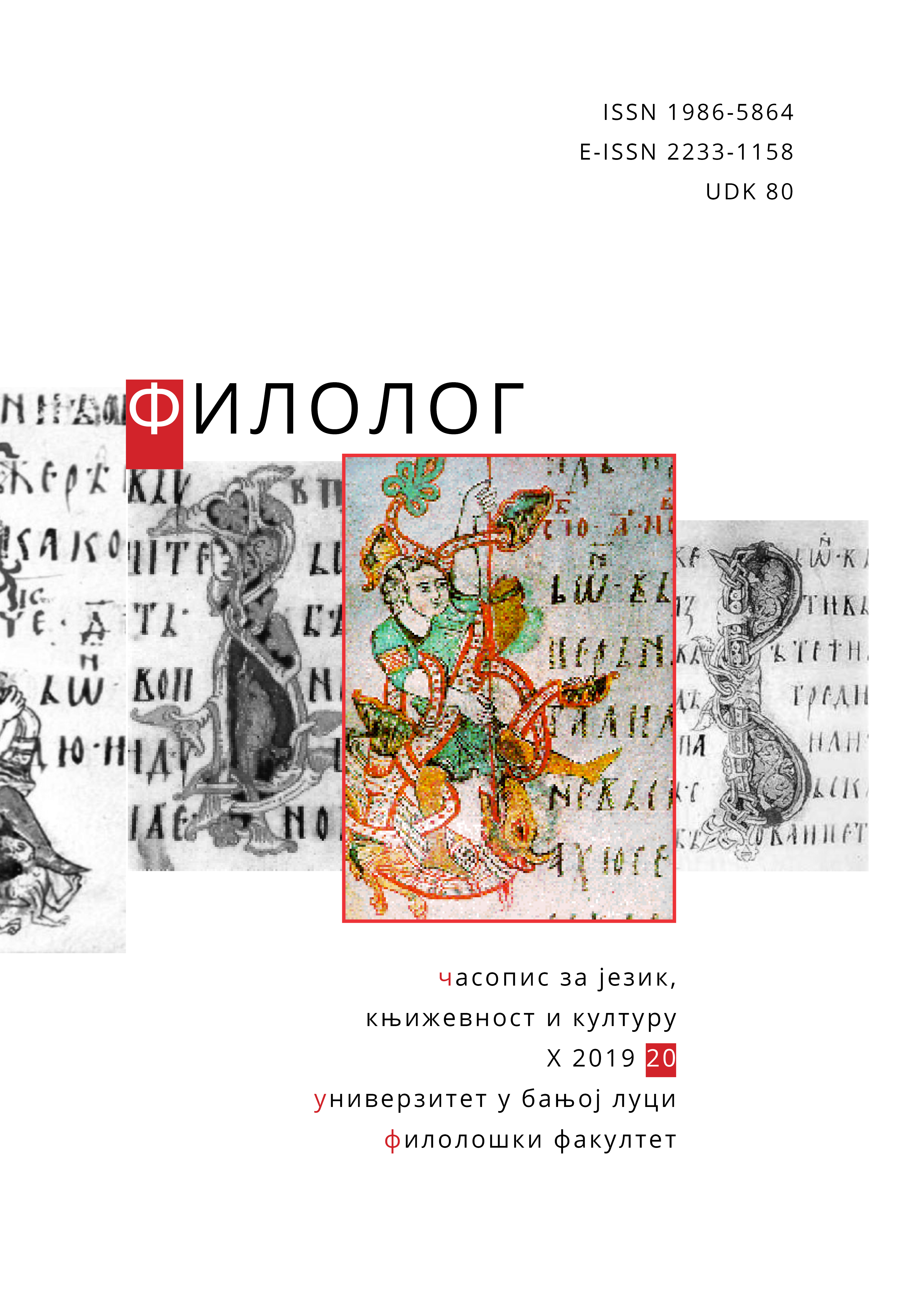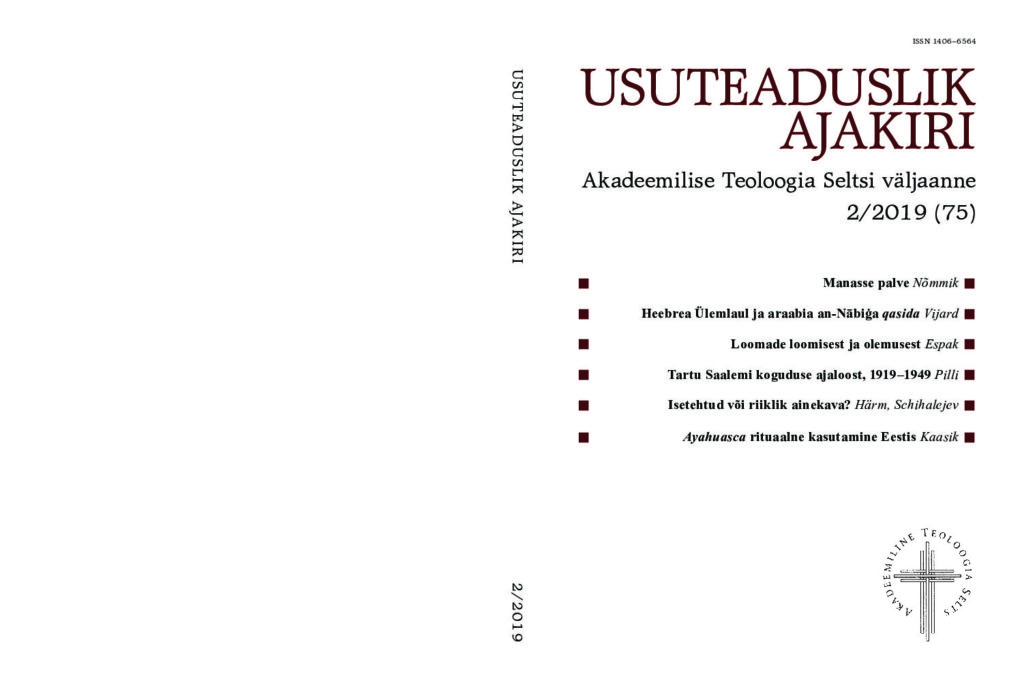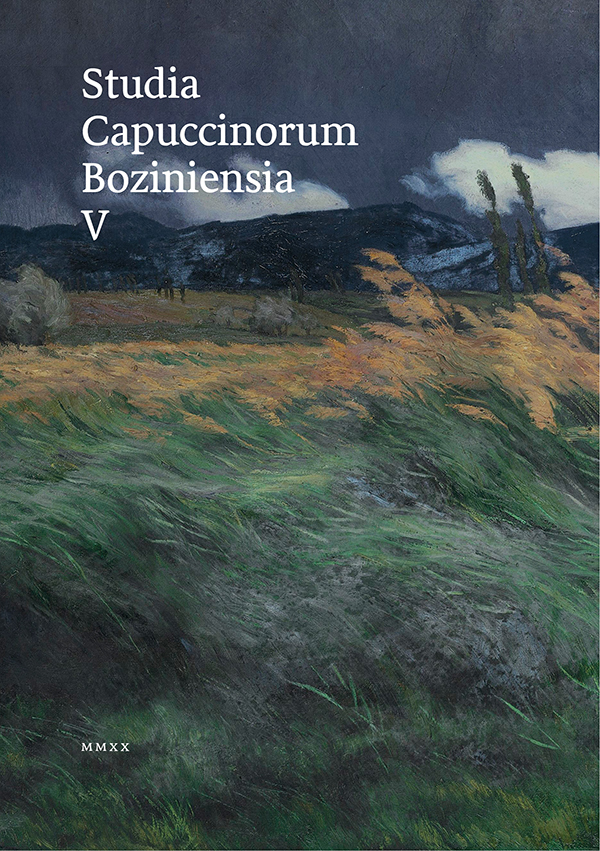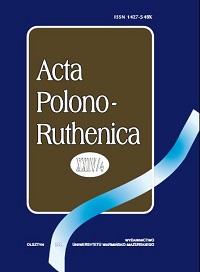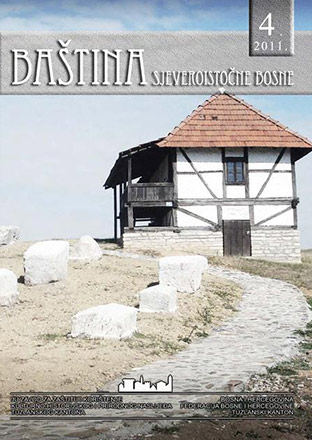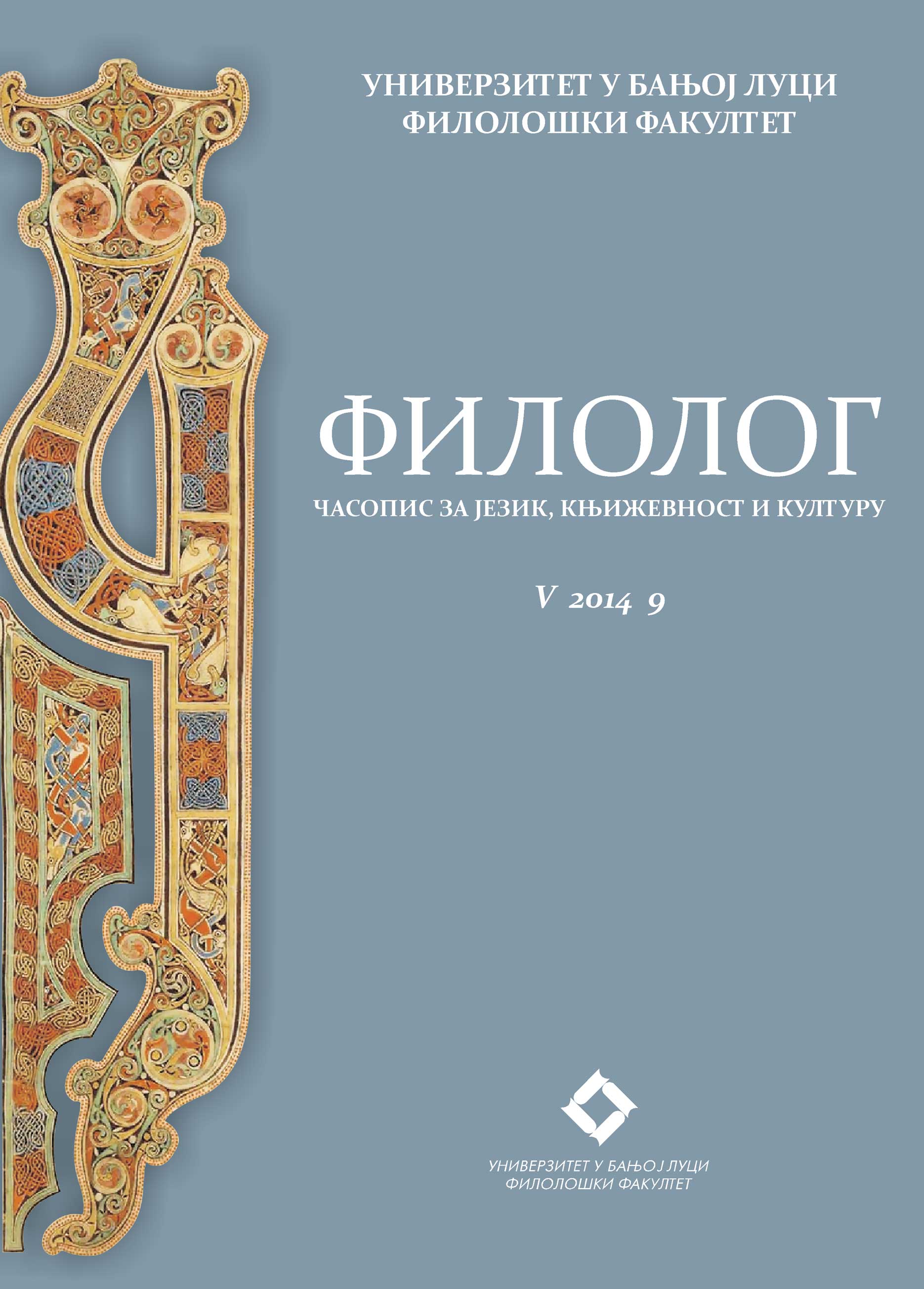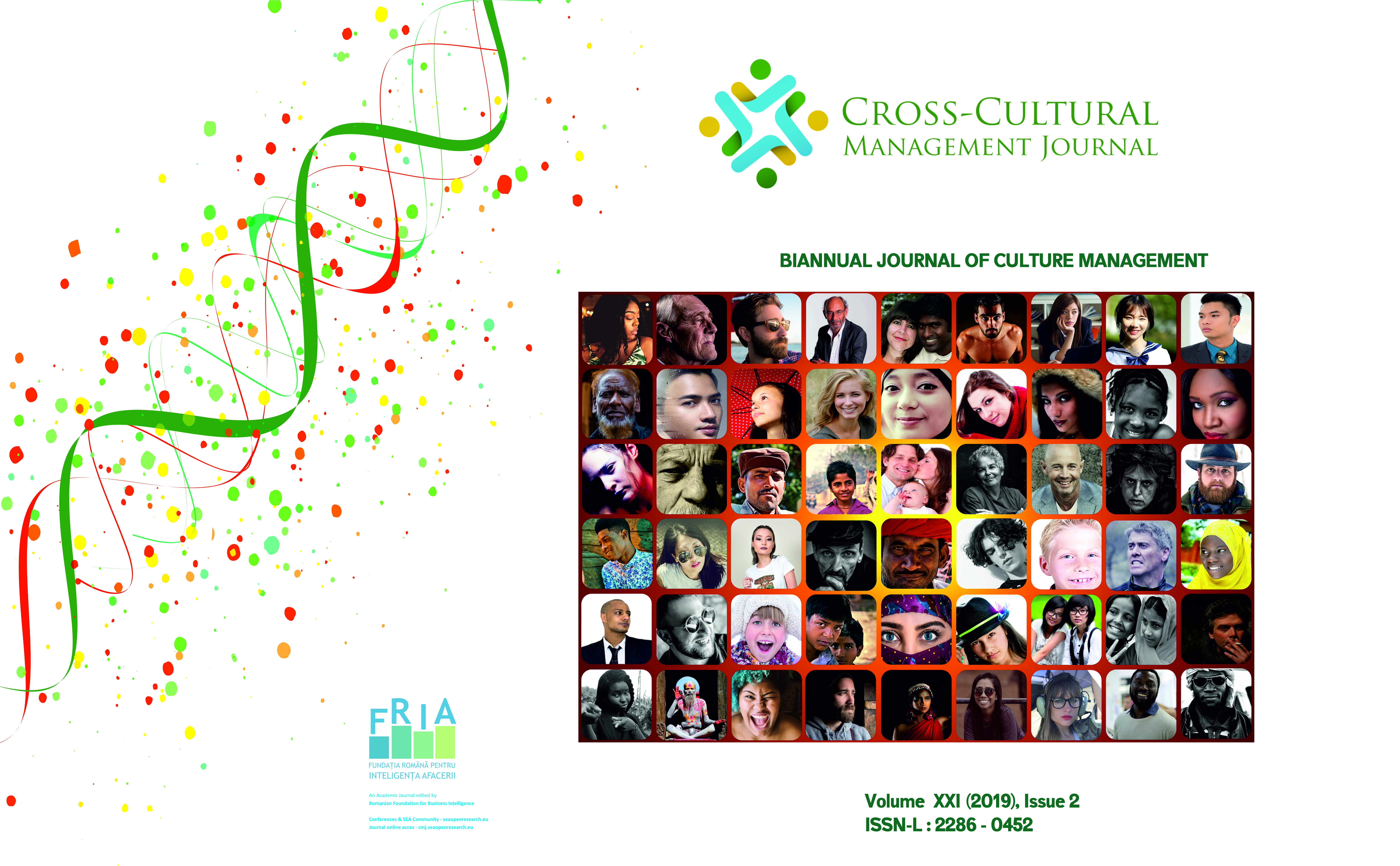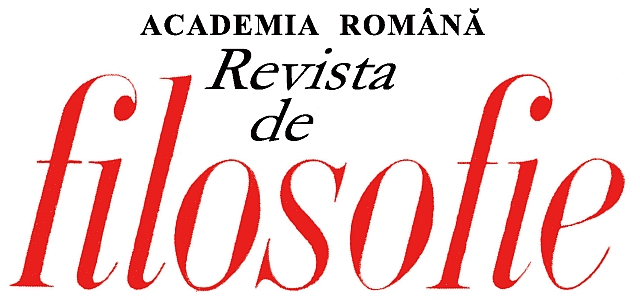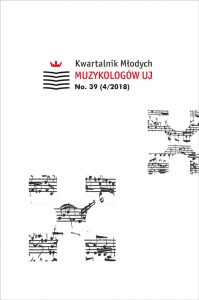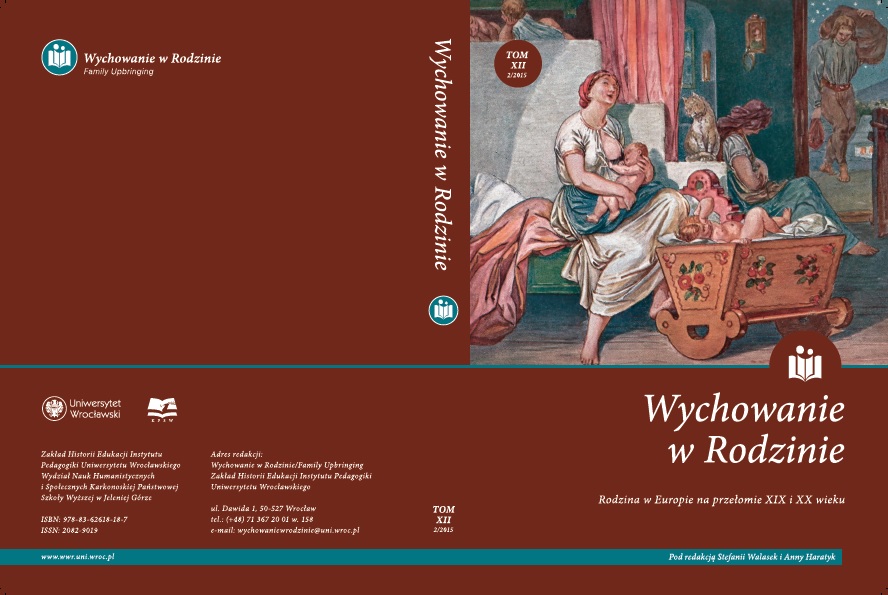
Aktualność Jana Pawła II koncepcji wychowania w rodzinie
Searching for a concept of education in a family occupies not only theorists of education but also parents and those persons with a lively interest in practical activities directed to helping families. The Holy Father John Paul II presented a Christian perspective of family and education: He treated the family as an inseparable relationship between a woman and a man, directed from one side towards the good of the spouses and from the other towards the transmission of life to children. Education, as understood byJohn Paul II, is one of the basic aims of a family, it is one of its most important tasks.The process relies on mutual gift of one’s humanity and takes place during interactions between family members. The success of educational process in a family depends onthe quality of relationship between parents: whether spouses – parents take trouble to establish and maintain a true community of persons, whether their relationship is based on mutual trust. Parenthood is understood by John Paul II as a gift and as a task, from which follows the basic right, and simultaneously an obligation, to educate children in accordance with one’s beliefs. This task is of such importance that it should not be appropriated by any other entity. Therefore parents are the first and most important educators of their children, responsible for forming in the younger generation the spirit of universal values. The article is to make the reader more familiar with the teaching of John Paul II concerning education in the family and indicate the elements of this teaching which are especially valid for a human being living at the beginning of the XXIth century and searching for the universal concept of education in the family.
More...
